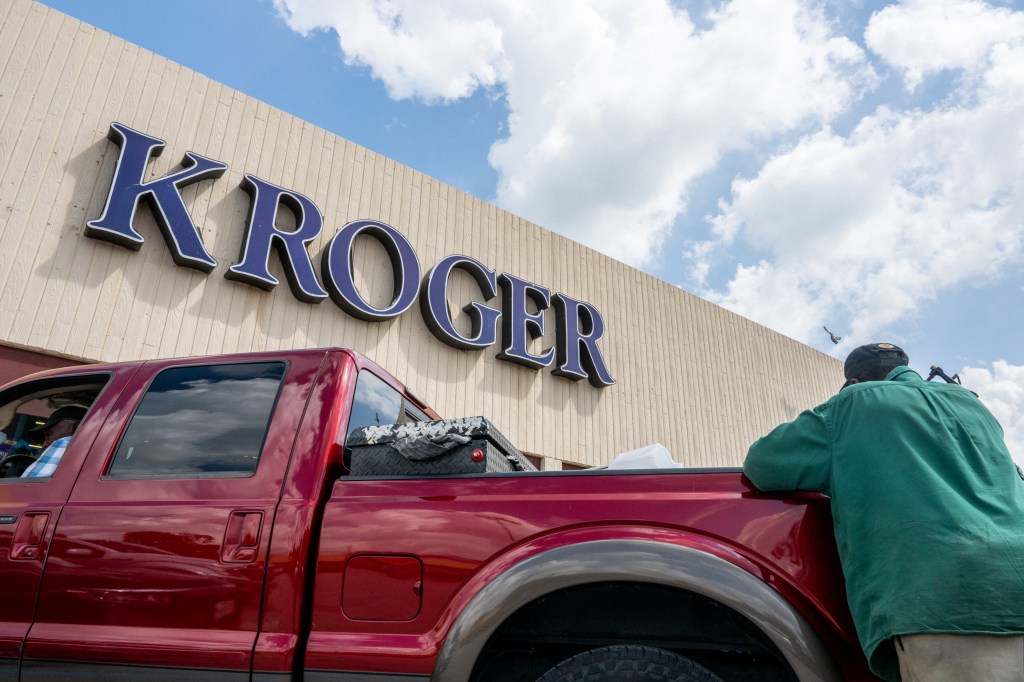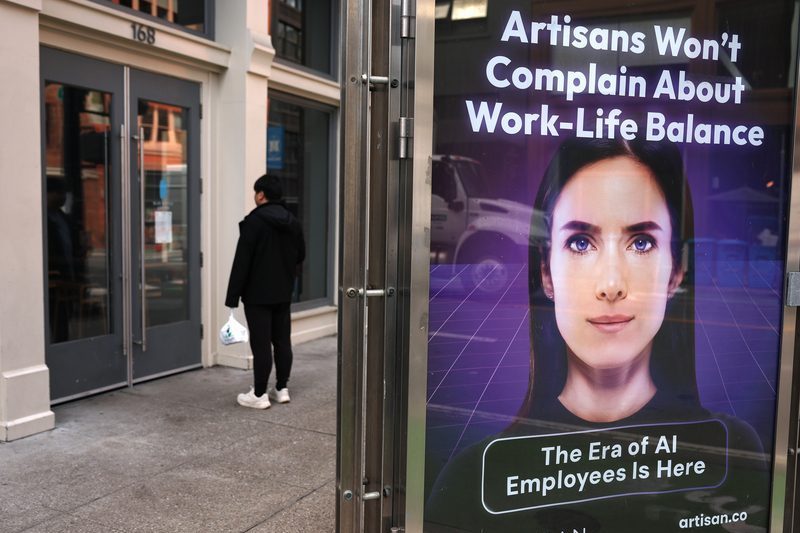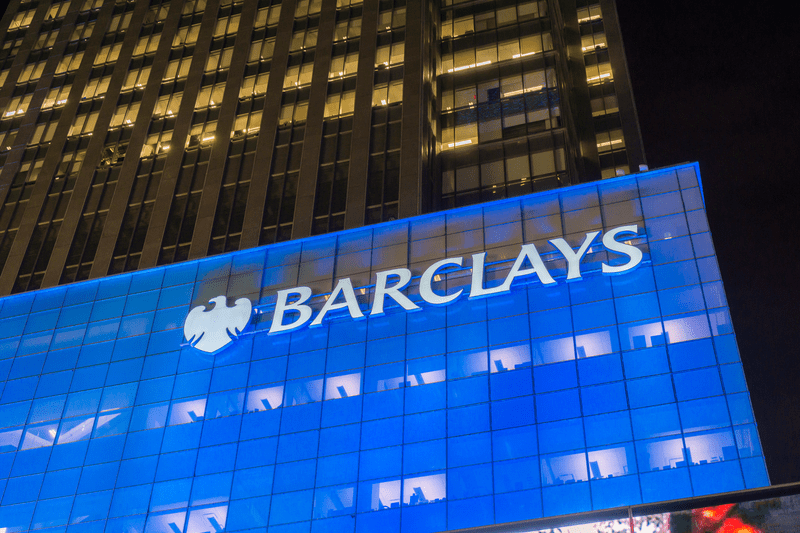10 February, 2023 by Siddharth Venkataramakrishnan and Stephen Morris in London
Barclays is being probed by the UK financial regulator for suspected persistent failings in its compliance and anti-money laundering systems, according to people with knowledge of the matter.
The Financial Conduct Authority issued a notice last spring requiring an independent review of the lender’s systems to prevent and detect financial crime after becoming concerned about the amount of know-your-customer and AML incidents, the people said.
While individually the cases had been relatively minor, the volume of them added up to a concerning pattern, they added.
The process is known as a Section 166 — or skilled person review — and usually involves an external accountancy or law firm investigating and producing a report with recommendations for improvements.
They are part of the FCA’s supervisory, rather than enforcement, tools. However, such reviews can be referred to the watchdog’s enforcement division for its own investigation if evidence of wrongdoing is found.
The FCA addressed the Section 166 letters to Matt Hammerstein, who runs the ringfenced UK retail and wealth division, and Alistair Currie, who was previously head of corporate banking, the people told the Financial Times.
Currie was subsequently promoted to chief operating officer in December, joining the group executive committee as part of a management reshuffle, which also involved the appointment of former Lloyds retail banker Vim Maru as global head of consumer banking and payments.
The bank is due to report its annual earnings next week and has not disclosed the Section 166 requirement in previous filings.
Barclays and the FCA declined to comment.
The FCA review is just the latest problem for Barclays, which has clashed with regulators and struggled with compliance missteps in recent years. Most notably, ex-chief executive officer Jes Staley was forced to step down in November 2021 amid a probe into his past relationship with Jeffrey Epstein. The bank’s board backed him throughout the process. Staley is appealing against the decision.
Last year, Barclays agreed to pay $361mn to the US Securities and Exchange Commission and set aside £450mn to compensate investors after accidentally selling $17.7bn of structured financial products it did not have authorisation for.
Barclays was also one of a large group of banks fined $200mn by the SEC and the Commodity Futures Trading Commission for employees’ unauthorised use of encrypted messaging services such as WhatsApp and Signal.
Furthermore, in June 2021, Barclays had to pay compensation of £48mn to almost 1,500 customers who were improperly sold timeshare loans in Malta. Barclays Partner Finance, the trading name of Clydesdale Financial Services Limited, had a partnership with the now-defunct timeshare operator Azure Resorts.
The FCA has vowed to take a more aggressive approach on enforcement under new chief executive Nikhil Rathi after a string of scandals, and has repeatedly warned banks operating in the UK that their oversight and reporting systems are not yet up to scratch.
In December 2021, HSBC received a £64mn fine for “serious weaknesses” in its AML controls between 2010 and 2018, including maintaining an account for the leader of a criminal gang.
The same month, NatWest was the first lender to admit guilt under AML laws and was fined £265mn for failing to prevent a £365mn money-laundering scheme, which involved £700,000 being carried through a shopping centre in black bin liners.
Then in December, Santander UK paid a £107.8mn penalty for failing to manage its systems properly and missing red flags on suspicious cash flows through its accounts.
© The Financial Times Limited 2023. All Rights Reserved.
FT and Financial Times are trademarks of the Financial Times
Ltd. Not to be redistributed, copied or modified in any way.












